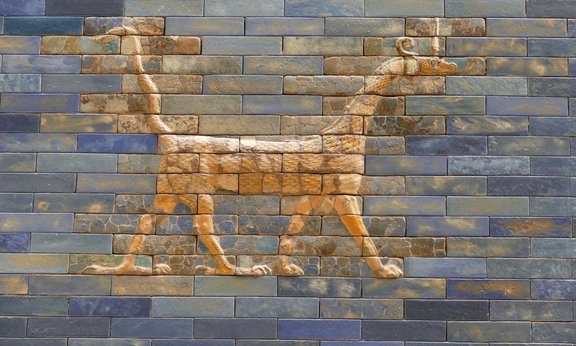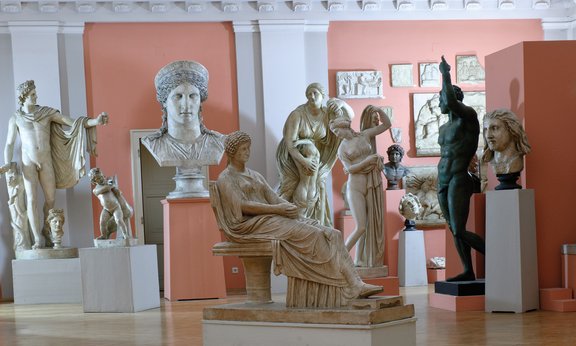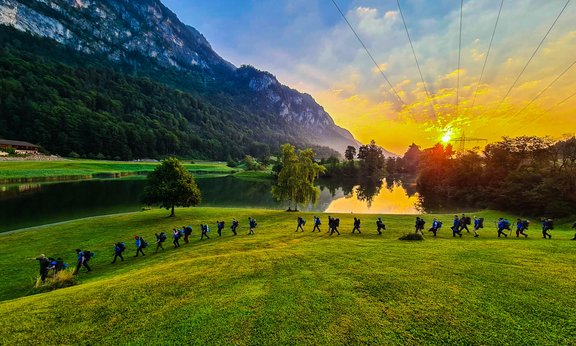Master’s Programme History
You want to discover the profound connections of history and understand how it shapes our world today?
The students of the Master’s Degree Proramme in History deepen and broaden their knowledge about historical periods, key dates and connections and their controversial discussion. Different research perspectives (e.g. cultural, political, social, economic) are considered in the investigation of all topics.
Please note: the language of instruction for this programme is German.
Study Code
UC 066 803
FAQ
Graduates possess highly specialised knowledge in the humanities and their methods. They are able to apply their knowledge in the field of the humanities and many other occupational fields by independently formulate and substantiate scientific arguments and to find innovative solutions to problems.
The Master's Programme History offers broadened and consolidated knowledge of historical categories, key data and relations in their temporal and spatial diversity and in controversial discussion from different research perspectives (i.e. cultural, political, social, economic etc.) fostering an understanding of different cultures in past and present, allowing an objective and analytical approach to current problems of the present, without any prejudice if possible.
It conveys skills in subject-specific research and work with different methods as well as orientation skills in historiography. Graduates are able to analytically and synthetically process different issues and questions and to present them appropriately orally and in writing.
Vocational preparation for the relevant field of science (research as well as activities in archives, documentations, collections and museums), in relevant areas of adult education and continuing vocational training, media and cultural work, public service, administration, politics and policy advice as well as non-governmental, supranational and international organisations.
Graduates tracking: Shows which occupational fields students enter after graduation
Faculty of Philosophy and History Examination Office Information for students with disabilities
Curriculum
From the field
No results
Keine aktuellen Einträge vorhanden.
Related studies

English and American Studies (Master)
Master of Arts

Romance Studies (Master)
Master of Arts

Educational Sciences (Master)
Master of Arts


















